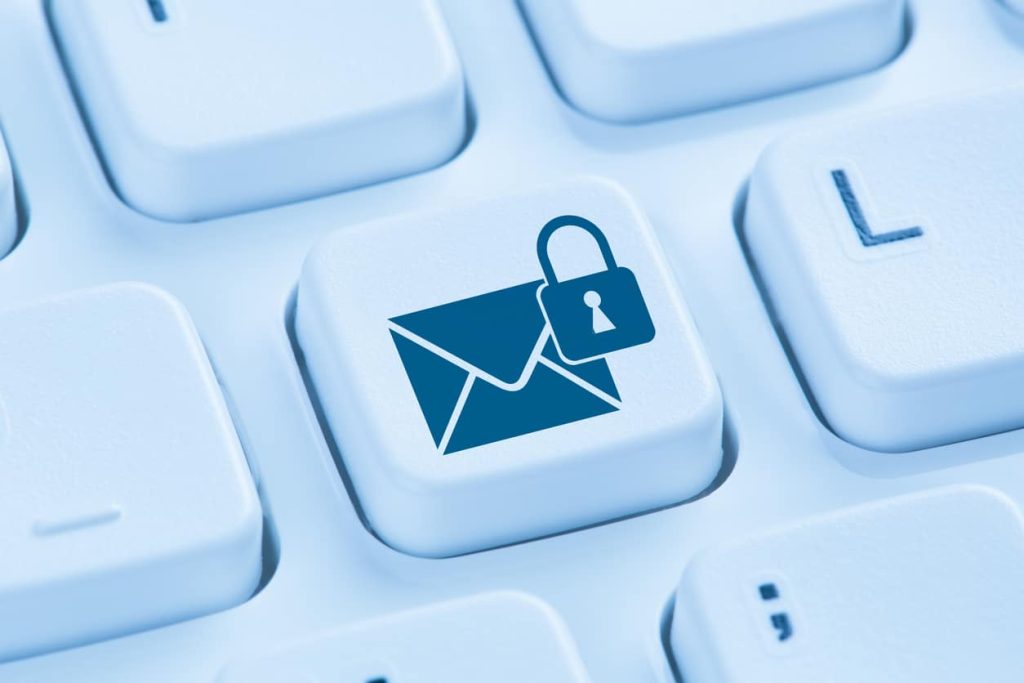Ransomware attacks are one of the biggest threats to companies in the current cybersecurity landscape. Not only can they lead to loss of productivity and profit, but if sensitive information is exposed and the company is found to be negligent, it can face heavy fines and long-term damage to its reputation.
If sensitive or personal information is exposed during an attack and a firm is found negligent, it can face crippling fines. On top of this, the damage to its reputation can result in a vote of no-confidence from customers and shareholders, leading to stocks plummeting in value and company closures.
In this blog, we’ll look at how using encryption can help companies protect themselves against this prevalent danger. Read on to find out more.
Email vulnerability
While it is the most relied upon form of business communication, email is also one of the least secure ways to exchange confidential information. If left unprotected, it also represents a dangerous portal through which attackers can enter and lay traps for unsuspecting employees.
Ransomware attacks often start with a simple phishing email. The message will appear to be from a well-known source and will trade on these credentials to trick the recipient into taking a harmful action. This may involve clicking on a link and having their login details stolen or downloading a seemingly harmless attachment which is loaded with malware.
Threat operators use credentials to invade email accounts and other network areas where sensitive information is stored. Before deploying ransomware, attackers will identify which emails and files are worth locking users out of and modern practices dictate that they exfiltrate this data, keeping copies to use as leverage if firms refuse to pay.
Encrypting emails to prevent ransomware attacks
User email accounts are repositories of vast quantities of sensitive information. Private data on customers, partners, employees and executives are often the subject of emails and their attachments, as well as confidential contracts, agreements and financial dealings. If a ransomware gang successfully penetrates a user account they can access this information, causing a data breach.
However, if the company compromised has deployed email encryption, a very different scenario will ensue. Regardless of how many emails or data file attachments the ransomware operator opens, all they will see is a meaningless series of characters as they do not have the decryption key required to view the data in its real state.
The best policy is to always encrypt all emails regardless of sensitivity. Users who only use encryption on confidential messages will draw the attention of attackers to their most private data.
Do you need email encryption to stop ransomware attacks?
With an understanding of the security limitations of email alongside the need for firms to use this ubiquitous solution, Galaxkey has created powerful three-layer encryption that effectively protects enterprise communications. Approved by the UK’s National Cyber Security Centre (NCSC) our solution is exceptionally easy to use and can be applied to not just emails, but any attachments added and data files of unlimited size.
Contact us today to add another layer of defence against ransomware with a free 14-day trial of our email encryption.



